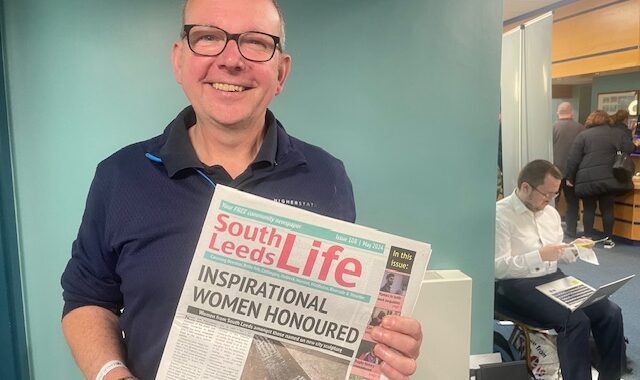As happened during the first national lockdown, local restrictions threaten to undermine the already fragile sustainability of the independent news sector.
Not all local businesses have managed to recover from the first wave – and many of those that have are not in a financial position to continue their pre-COVID levels of advertising spend.
For the independent sector which relies more heavily on local businesses rather than large multinationals and big brands advertising with them, this makes for a dire situation.
Over the last eight months, Independent news providers have logged record levels of traffic to their websites. Audiences are flocking to their local papers in search of up-to-date, locally relevant information on the pandemic. But while this is a positive development, the increase in costs from such a spike in traffic has concerned many in the sector.
This includes access to the All-in, all together public health campaign, the second phase of the public health campaign, Hands, Face Space, and the not entirely relevant, but equally vital at this time – EU Transition Brief: Check, Change, Go.
However, with barely a shred of government support, independent news sites have produced tens of thousands of articles on the Coronavirus, held power to account, collaborated on national investigations, celebrated excellence in their communities, and mourned with those who’ve lost friends and family.
Journalism Matters week – a campaign supported by her Majesty the Queen highlighted the excellent work being done by the independent sector. Many independent editors and journalists were nominated for the Public Interest News List.
The sector can no longer be viewed as peripheral; it is now an essential part of the news ecosystem.
The combined reach of the independent news sector in the UK has been discussed here before but it is worth repeating.
Simply, it is vast with several hundred professional publications reaching more than 15m people online every month; and with a collective print run of half a million.
So the question must be asked. Where is the support?
Speaking at the Ofcom Small Screen: Big Debate conference in October, Dame Frances Cairncross, author of the Cairncross Review, said, “the Government tends to give more than I think is appropriate to the large groups rather than to the small struggling independent news organisations. And that’s one thing that the Government could deal with really pretty easily and has, up to now, been reluctant to do so.”
Despite clear Government directives that the Hands, Face, Space campaign should be run on digital, and the Check, Change, Go campaign in community media channels, just one of ICNN’s 125 members has been granted access.
ICNN’s discussions with the Government’s media buying agency OmniGov have ground to a halt – they simply refuse to engage with us beyond requesting ads in the one weekly printed title we represent. Our questions regarding the future of the campaign and the Government directives on where the ads should be placed are met with reticence at best, silence at the worst.
In short, over the past few months, the situation has only deteriorated for the independent news sector.
We have highlighted these issues (and more) with the Department for Culture, Media and Sport and requested a meeting to discuss the delay in getting independent titles, specifically ICNN members, access to the campaigns.
We are yet to receive an adequate response.
The lack of access to these campaigns could be the difference between these publications surviving the winter, or collapsing like dominos – which would have a catastrophic effect on livelihoods, media plurality, local communities, and local democracy.
ICNN will continue to represent our members to Governments, charities and third parties around the UK. Our work will not stop until our members have parity.




